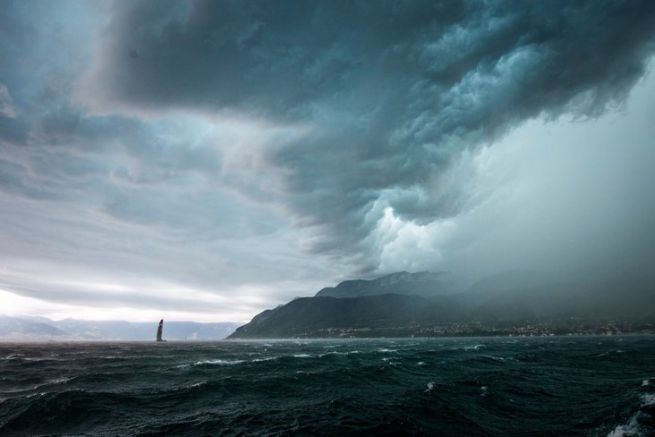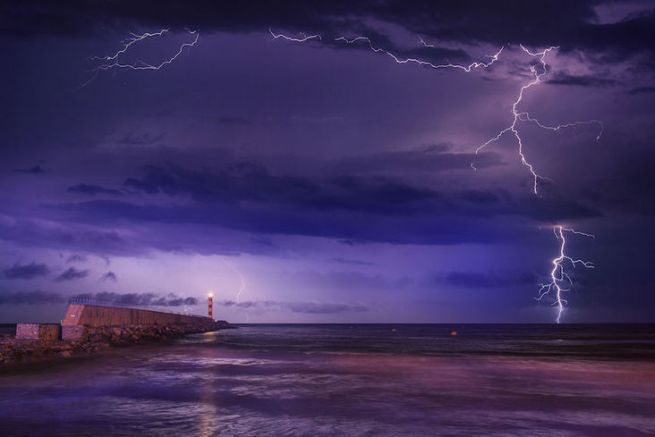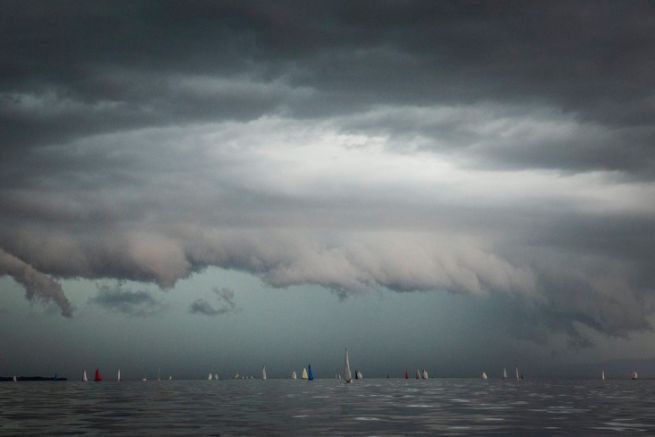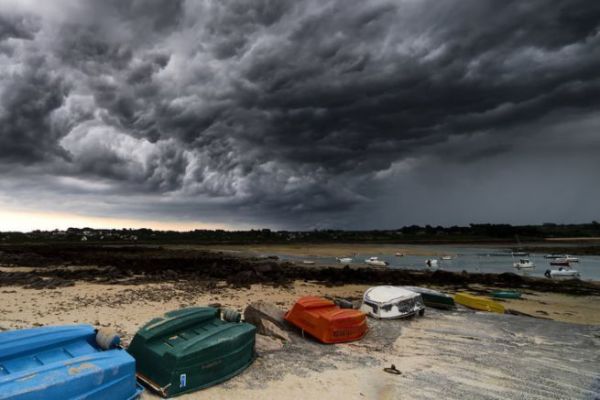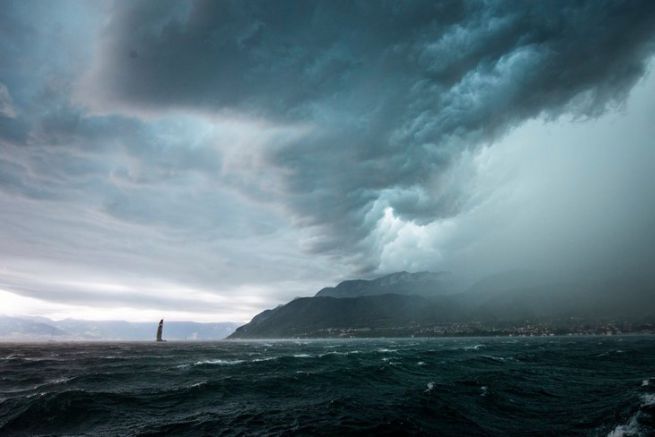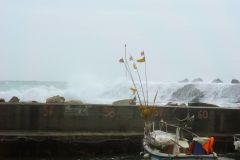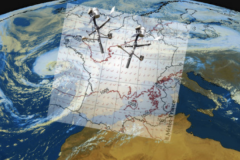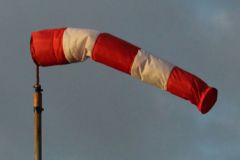Will lightning strike bateau??
First of all, let's remember that every second in the world, 40 discharges occur, and only 1/4 of them touch the ground. There are more lottery winners than lightning strikes. Let us add that there are proportionally more thunderstorms on land than at sea, and that the risks of thunderstorms are well predicted by the weather services. But here we are, lightning zebras the sky and on board the boat people are worried about the danger.
Thunderstorms and lightning are quite frightening, however, injuries are correlatively rare. In fact, many boaters are surprised to have experienced violent thunderstorms where lightning struck all around them without ever touching them, even though they seemed to be the ideal prey to lightning strikes.
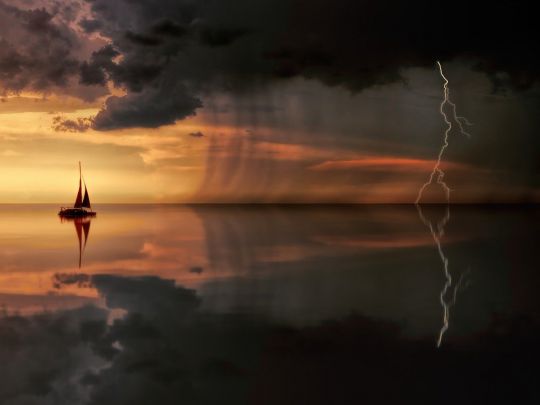
Given our basic knowledge of lightning conductors, it would seem obvious that a ship protruding from the sea surface will irremediably attract lightning. Fortunately for boaters, on the sea the physical laws of electrical attraction make the potential of the sea often more attractive than a boat mast. The situation in fresh water is much more complicated as salt water is a thousand times more conductive than fresh water. At sea, the water around us is very "attractive" for lightning.
However, the risk of being struck by lightning does exist and does not seem to depend on the possible height of the mast or the quality of its "grounding". Lightning has some of these mysteries which are also unfathomable from certain paths. However, the damage will be proportional to the quality of the protection and therefore of the grounding.
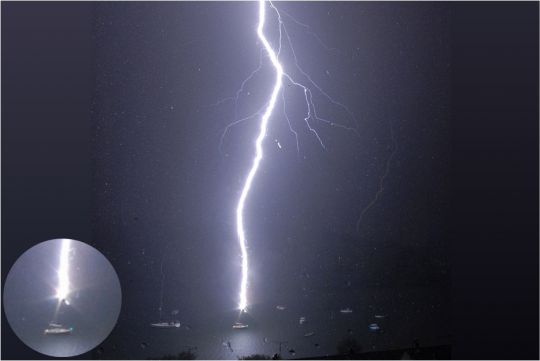
What happens if lightning strikes a bateau??
Lightning strikes the masthead and loads the entire rigging, the boat must have a conductive path to channel the load to the water. Otherwise, between the lower parts of the rigging, e.g. the mast step or chain plates, destructive transverse arcing may occur.
If, on its way to connect to the sea, the electric arc encounters such poor conductors as fiberglass, wooden bulkheads, or a teak deck, the heat above the surface of the sun will literally atomize the obstacles. In case of direct lightning strike from a boat poorly connected to the ground, the colossal energy can deform the mast, damage the shrouds, a teak deck can catch fire or explode by vaporization of water, the composite can locally turn into plasma
These are the extreme risks, generally we will deplore less important damages often limited to the electronics on board, either that we were lucky that the lightning struck a little bit nearby or that the grounding worked well.

Electrical equipment and lightning
Lightning damage affects all electrical equipment, especially but not only those with wired connections. With an extremely intense electric field such as that of lightning, if grounding allows most of the energy to be diverted to the sea, the induced electric fields will be destructive to electronics.
We see the VHF antenna, the anemometer, the masthead light disappearing. On board, the electrical panel smokes, the fuses have burned out, the autopilot is often out of order, the battery charger and the controller are out of order, as are the car radio and the GPS, but also the starter relay, the alternator, the solar panel regulators, etc.
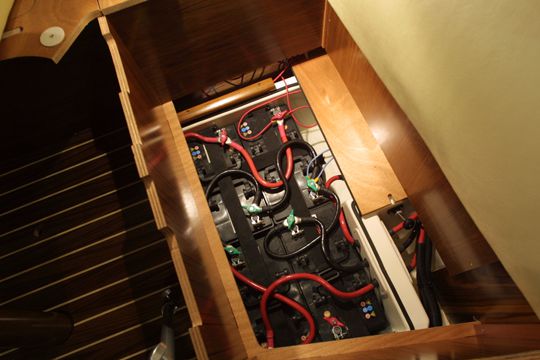
The first reflex is to disconnect the batteries, as their deterioration would make further navigation very complicated. The circuit breakers are insufficient, so the cables must be physically separated from the batteries. Next, aerials such as the VHF, anemometer, navigation light and radar must be disconnected. This will not preserve them, but it limits the risk of the electric field spreading to the rest of the boat.
During the storm, to protect portable electronics (laptop, smartphone, tablet, headlamp, portable VHF, Iridium), it is advisable to store them in the oven if you have one, it will give them a faraday cage effect.
